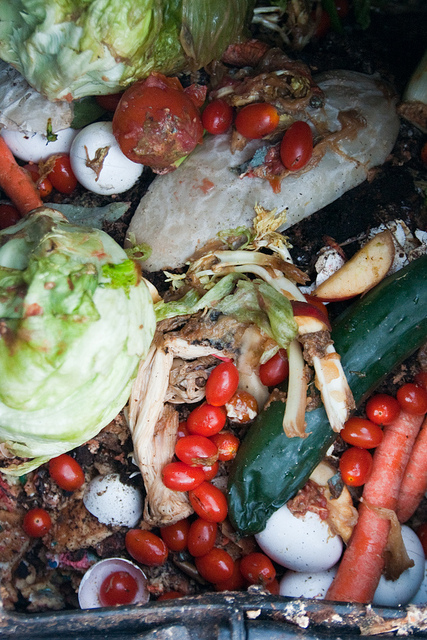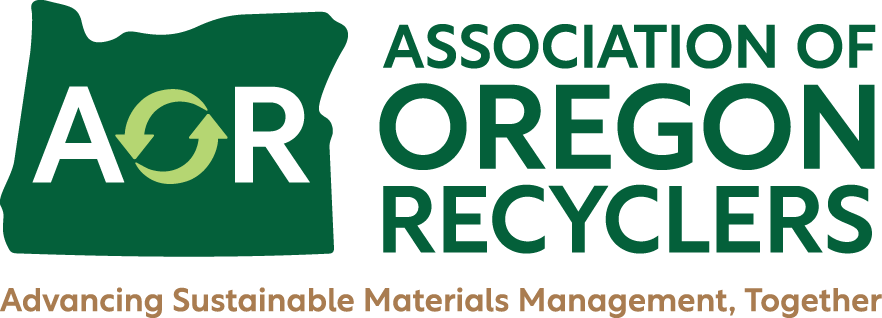DEQ Releases Preliminary Results from Wasted Food Study
AOR
 The Oregon Department of Environmental Quality is working with Portland State University’s Community Environmental Services to conduct a five-part study on wasted food generation in the State of Oregon. The main research objectives for this study are:
The Oregon Department of Environmental Quality is working with Portland State University’s Community Environmental Services to conduct a five-part study on wasted food generation in the State of Oregon. The main research objectives for this study are:
- Understand the informational, psychological, socio-economic, and structural drivers that contribute to the generation of preventable wasted food;
- Collect reliable data on wasted edible food, including loss reasons and reporting biases; and
- Provide the state, cities, counties, and consumer-facing businesses, such as grocery retailers and restaurants, with basic methods of establishing their own wasted food baselines and assessing shifts in waste prevention behaviors or levels of awareness.
A statewide phone survey of 486 households in Oregon was recently completed, which sought to answer:
- What are the perceived barriers to reducing wasted food?
- What are the perceived reasons for wasted food?
- What habits or behaviors do households engage in that promote or avoid wasting of food?
- What level of knowledge do people have about ways to reduce wasted food?
- What beliefs, attitudes or values are related to food waste behaviors?
Survey findings are grouped into procurement, planning, disposal, leftovers, and food preparation, use and management. This report contains preliminary analyses of the phone survey responses, but further analyses will be done after combining them with responses from a similar survey with participants who complete a kitchen diary in the subsequent task, a household wasted food baseline study.
For more information regarding this survey or project, contact Ashely Zanolli, Senior Policy and Program Advisor at the Oregon DEQ.


